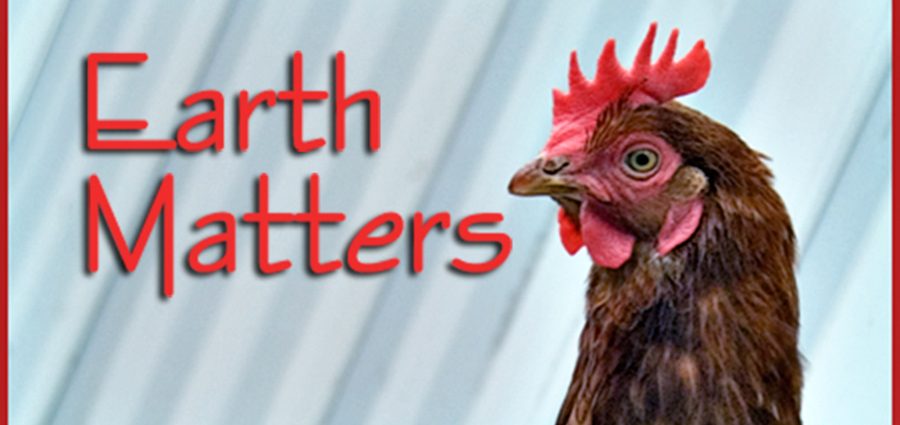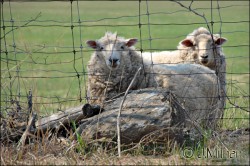 CFN – Doesn’t it strike you as odd that someone can make a commercial about egg farmers, talk about their dedication and passion for the job and not once throughout the commercial is there a mention or an image of a chicken shown? After all isn’t that where the eggs come from?
CFN – Doesn’t it strike you as odd that someone can make a commercial about egg farmers, talk about their dedication and passion for the job and not once throughout the commercial is there a mention or an image of a chicken shown? After all isn’t that where the eggs come from?
Our family has made a concentrated effort to purchase our eggs from local producers that we know who love and take care of their chickens. We know that the eggs which we are purchasing and eating come from chickens that are treated kindly and with respect while they are living. They are given plenty of room to peck and play outdoors; they are what we consider to be happy animals.
We have often heard that it is imperative for our health and wellbeing to keep company with positive, happy people. In line with that train of thought doesn’t it make sense to also consider the health and wellbeing of the animals that we choose to ingest also?
According to http://www.compassionate-carnivores.org/health.html if the animals we ingest live in crowded conditions or in a constant state of stress and fear, the chemicals and hormones which are released due to this state of being are stored in their bodies and become toxic over time. A happy, healthy organically, naturally fed, free range animal will not have testosterone and adrenaline due to stress storied in its tissues. So it appears our own health and welfare is intricately tied to the health and welfare of the food we ingest. Good reason to start asking some important questions about the meat purchased at your local store and to perhaps acquaint yourself with the local food producers in your immediate area.
For those of you concerned with the saturated fats you ingest and how your diet affects the environment please consider the following. A study by Johns Hopkins, Bloomberg School of Public Health insists that eating a vegetarian diet just one day a week cuts our consumption of saturated fat just enough to assist our bodies to protect us from heart attacks, strokes and cancer.
What may surprise you further are the environmental benefits of switching to a vegetarian diet just one day a week. As mentioned in the compassionate-carnivores link: “According to Environmental Defense, if every American skipped one meal of chicken per week and substituted vegetarian foods instead, the carbon dioxide savings would be the same as taking more than a half-million cars off U.S. roads.”
So we can conclude that changing a couple of small things in our purchase and consumption habits of food each week can have huge paybacks. We can greatly nurture the lives of the animals we consume, can assist our precious environment and greatly advance our own health and wellbeing.
Your commentary is always welcome and appreciated below or to earthmatters@jmilner.com



Thank you for that Jacqueline, it is so obvious yet…………
Another disturbing trend is dairy cattle who never see the light of day other than thru windows. More and more dairy operations are choosing to keep their dairy cattle indoors all year. They never get to roam in a field under the sun or eat grass. How truly sad. Not to mention unhealthy, how many antibiotics are being pumped into these animals?? And we wonder why we humans are becoming resistant to every antibiotic out there….
I had hoped that we would have come further by now, more laws to protect the well being of livestock, clearly not.
Where and on what we spend our money can influence change.